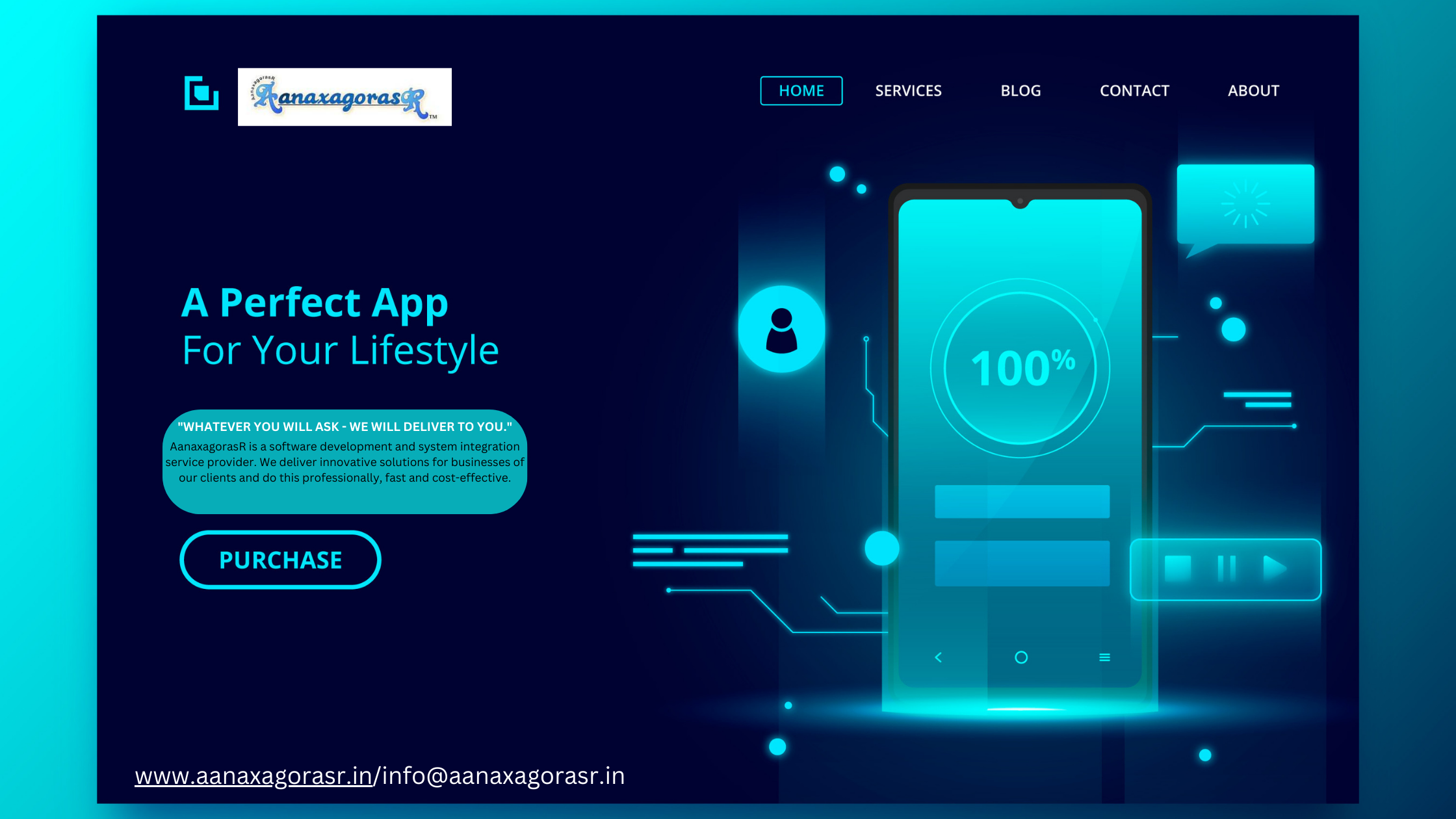Some AI technologies used in mobile apps include:
- Machine learning (ML)Allows apps to learn from user data, adapt to new inputs, and make decisions. For example, ML can analyze user behavior to personalize content.
- Natural language processing (NLP)Allows apps to understand and interpret human language. For example, NLP powers chatbots and virtual assistants that can understand user queries and provide responses.
- Image and voice recognitionAllows apps to recognize images and voices. For example, apps can use image and voice recognition to provide accessibility features for people with disabilities.
- Deep learningAllows AI to reason and make predictions from data, text, and images.
- Adaptive user interfaceAllows apps to adjust their layouts and elements based on the user’s context or requirements.
AI can be used in mobile apps to create unique features, improve customer service, and enhance security:
- Unique featuresAI can be used to create features like voice assistants, face editing, and predictive analytics.
- Improved customer serviceAI can process more data at a faster rate, which can lead to better decision-making and customer service.
- Enhanced securityAI can detect and respond to security threats in real-time, protecting user data and privacy.
AI is a complex technology that requires expertise to use in mobile app development. However, AI-driven mobile apps have the potential to improve user experiences and optimize business operations.
Integrating AI into mobile applications has opened up possibilities for enhanced personalization, predictive capabilities, automation, and much more. AI-driven mobile apps leverage data, machine learning, natural language processing, and computer vision to create more intelligent, responsive, and user-friendly experiences.
Here are some ways AI enhances mobile applications and key examples of its applications:
1. Personalized Recommendations
- Streaming Services: Apps like Netflix, Spotify, and YouTube use AI to analyze user behavior and preferences, recommending shows, songs, or videos based on previous interactions.
- E-commerce: Apps like Amazon and eBay use AI to suggest products and offer personalized promotions by analyzing user shopping patterns.
2. Smart Assistants and Chatbots
- Customer Support: Many apps use AI-powered chatbots to provide 24/7 support, answering questions, resolving issues, and guiding users through app features.
- Voice-Activated Assistants: Siri, Google Assistant, and Alexa use AI to interpret spoken commands, perform tasks, and answer questions.
3. Image and Facial Recognition
- Social Media: Apps like Instagram and Snapchat use AI-driven facial recognition to apply filters and augmented reality effects, creating engaging user experiences.
- Security and Authentication: Banking apps and devices use facial recognition to add an additional security layer, providing secure and convenient user access.
4. Natural Language Processing (NLP) for Language Understanding
- Translation Apps: Apps like Google Translate use AI to translate spoken or written language in real time, providing fast and accurate translations.
- Voice-to-Text and Transcription: AI-powered voice-to-text apps convert spoken language to text with high accuracy, making them useful for note-taking, transcription, and accessibility.
5. Predictive Text and Smart Keyboard Features
- Typing Assistance: AI-driven keyboards like Gboard use predictive text, autocorrect, and grammar checks to make typing faster and more accurate.
- Sentiment Analysis in Messaging: Some messaging apps analyze text sentiment to provide better suggestions, emojis, or even proactive wellness check-ins.
6. Augmented Reality (AR) and Virtual Try-Ons
- Retail and E-commerce: AI-powered AR apps like IKEA Place allow users to visualize how furniture would look in their homes by analyzing and overlaying 3D models.
- Beauty and Fashion: Apps like Sephora and L’Oréal’s YouCam Makeup let users try on different makeup styles or clothing items virtually using AI-powered AR.
7. Health and Fitness Monitoring
- Activity Tracking: AI in fitness apps can analyze a user’s physical activity data to provide personalized workout recommendations and track progress.
- Mental Health: Apps like Woebot use AI to interact with users and provide cognitive behavioral therapy, offering mental health support by interpreting text and sentiment.
8. Fraud Detection and Security
- Banking Apps: AI in banking apps can detect unusual spending patterns, alert users, and even halt suspicious transactions to prevent fraud.
- Biometric Authentication: AI is used to strengthen authentication by recognizing unique user patterns, such as keystrokes, gait, or biometric data.
9. Real-Time Analytics and Insights
- Business Intelligence: Apps like Salesforce and other CRM solutions leverage AI to analyze user data, providing actionable insights to improve decision-making.
- Financial Apps: Financial and investment apps use AI to analyze market trends and predict future stock prices or provide investment recommendations.
10. Gaming and Immersive Experiences
- Adaptive Gameplay: AI in mobile games adjusts difficulty and gameplay based on a player’s skill level, making the experience more personalized.
- Non-Player Characters (NPCs): AI-powered NPCs in games react to user actions, creating more engaging and lifelike interactions.
Popular AI Technologies in Mobile Apps
- Machine Learning (ML): For predictive modeling, recommendation engines, and personalization.
- Natural Language Processing (NLP): To understand and respond to human language in text or voice.
- Computer Vision: For image and video recognition, AR overlays, and facial recognition.
- Speech Recognition: For converting spoken language to text, enabling hands-free functionality.
Challenges and Future of AI in Mobile Apps
While AI adds powerful capabilities to mobile apps, it does require substantial processing power, which can drain battery life or require cloud integration. With advancements in edge computing and hardware optimization, AI-driven apps are expected to become even faster, more efficient, and more sophisticated.
The future of AI in mobile applications points toward a fully interactive, predictive, and personalized experience, where apps anticipate user needs, make recommendations, and continuously improve with usage.

